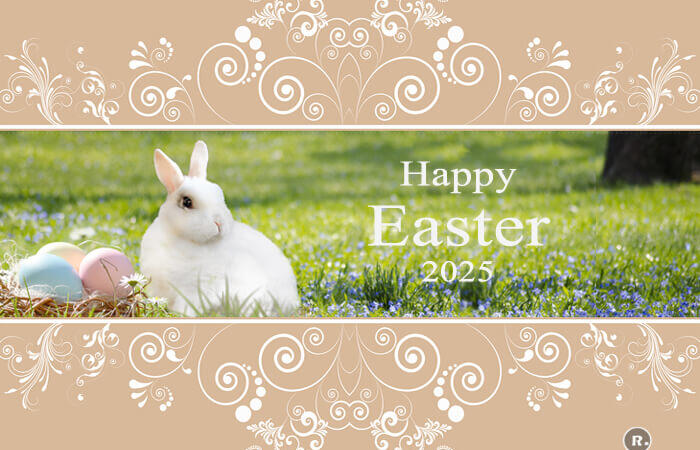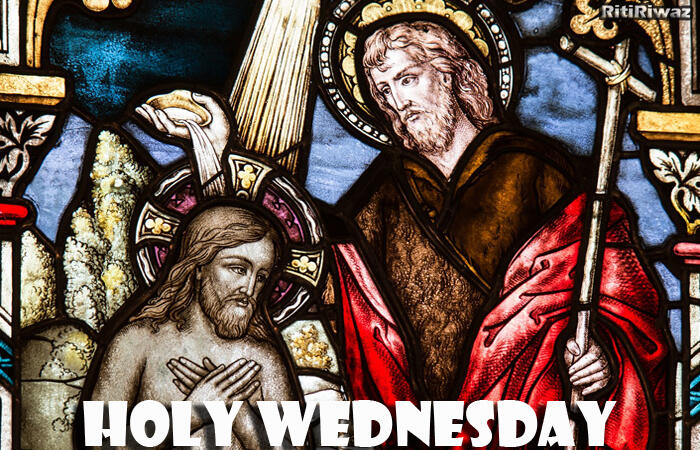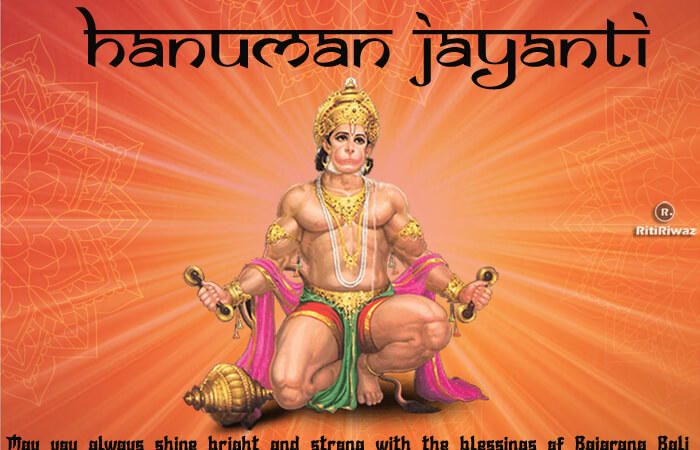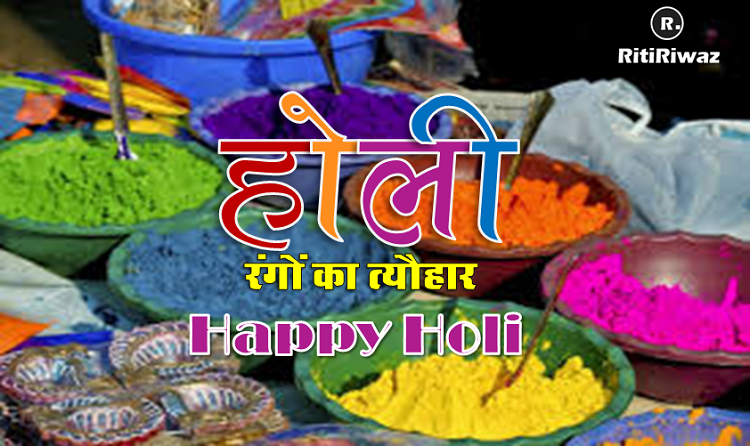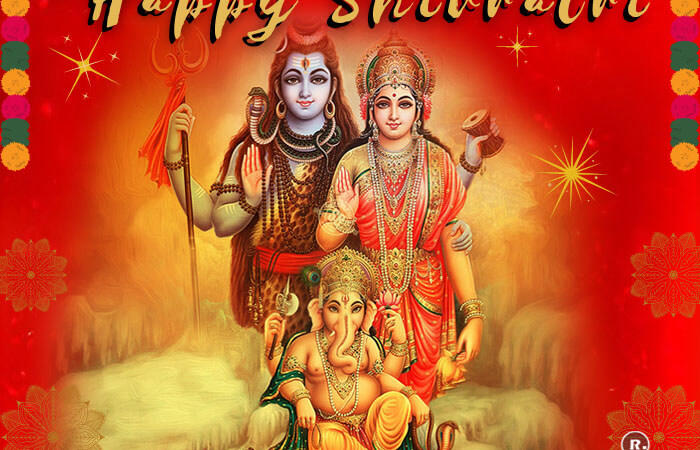Hindus are the Pioneers of National Anthems
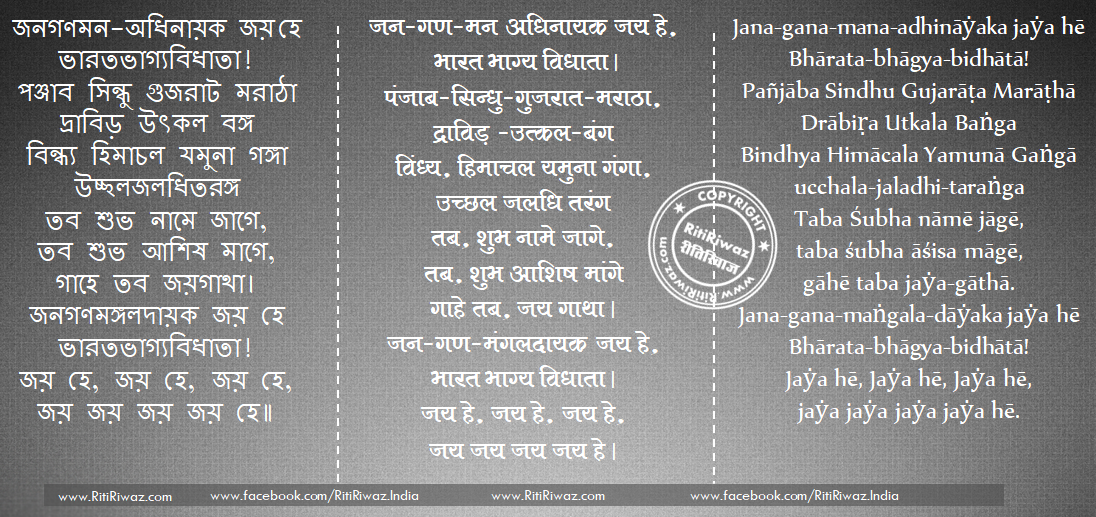
Many inquisitive youths ask the question, “Who invented the National Anthem? Who sang the first national Anthem? Which one is the oldest?” If you go to encyclopedias you would not get an answer in one word or one sentence. They will start from the oldest lyric or the oldest one set to music or the oldest one to appear in print etc. But my answer to the questions is ‘THE HINDUS’ are the ones who started singing the national anthem.
National Anthems by Hindus
It is a song in praise of a particular country wishing all the best for its people and the land. Hindus started singing this, thousands of years ago, and continue this even today, though the official national anthem of India is different. The official national anthem of India was written by the great poet Rabindranath Tagore in highly Sanskritised Bengali.

Every religious discourse, traditional Bhajan (Hindu Choir) and temple Pujas (Flower offering to Gods) recite the following two hymns/anthems at the end of the ceremony:
Swasthi prajabhya paripalayantam
Nyayena margena mahim mahisaha
Go Brahmanebhya subhamastu nityam
Lokas samasto sukhino bhavantu
Meaning – May there be happiness for all people
May the rulers righteously rule the earth
May there be welfare for the animals and men of wisdom at all times
May all beings be happy and prosperous
Though the translation of the third line says ‘animals and men of wisdom’ in the above hymn, the literal translation is ‘Cows and Brahmins’. The ancient Hindu society placed these two at the top of the animal world and the human world for their purity and holiness. What they really meant is that starting from the cows and Brahmins every creature and every human must be prosperous.
This is a beautiful and universal anthem that can be used by any country. One of the great Four Saivite Saints (called Naalvar i.e The Four in Tamil) Tiru Jnana Sambandhar also translated it verbatim in Tamil. Sambhandar, the Boy Wonder, who started composing poems at the age of three, lived in Tamil Nadu in the seventh century CE.
The second hymn (sloka in Sanskrit) that is sung at the end of all the Hindu ceremonies is as follows:
Kale varshatu parjanya,
Prithivi sasya shalini
Deshoyam kshobharahitaha
Brhamana santu nirbhayaha
Meaning – May the clouds rain at proper time
May the earth produce plenty of grains
May this country be free from famine
May men of contemplation be fearless
Alternative translation – Let the monsoon be timely and plentiful
Let earth be covered with vegetation
Let the country live without problems
And let good people never have fear.
The beauty of these two slokas/hymns is that they are universal and can be used by anyone at any time. Another beauty is that it prays for the fearless survival of intellectuals of the country. Only when intellectuals live fearlessly, they can suggest novel ideas and execute progressive policies. We have seen such reforms in India in the past.
My humble suggestion is that these two hymns should be sung at every event in all parts of the world. They are the property of humanity. Sri Jagadguru Chandra Sekarendra Saraswati of Kancheepuram, who is known as Paramacharya, gives the following suggestion:-
Better than National Anthem: “The concluding sukta of the Rig Veda contains a hymn that should be regarded having a higher significance than the national anthem of any country: it is a prayer for amity among all nations, a true international anthem “May mankind be of one mind”, it goes, “May it have a common goal”, “May all hearts be united in love. And with the mind and the goal being one, may all of us live in happiness”- – Kanchi Paramacharya (1894-1994).
Bharatavakyas in Sanskrit Literary Works
Hindus prayed for the welfare of the people and their king even in the entertainment shows such as dramas staged in the public!
Bharatavakya is the benedictory address spoken at the close of every Sanskrit drama. We find this in all the dramas of Bhasa and Kalidasa. It expresses good wishes to everyone and prosperity for the country. Kalidasa’s masterpiece ‘Abhijnana sakuntalam’, has the following benediction (Bhatatavakya):
Marica says: Honour the gods in full measure
With holy rites and all due offerings;
May the God of gods in return
Bless your people with abundant rains;
Let Time run its round in this pattern
Woven of acts of mutual service:
May both the Worlds enjoy Glory and Plenitude
Built on such enduring friendship
King: May kings ever work for the good of their subjects;
May the utterance of those blessed by the Word
Be ever honoured;
May the Self-Existent Lord who unites in Himself
The Dark and the Light
Whose Infinite Power pervades the Universe
Annihilate forever the round of my birth.

